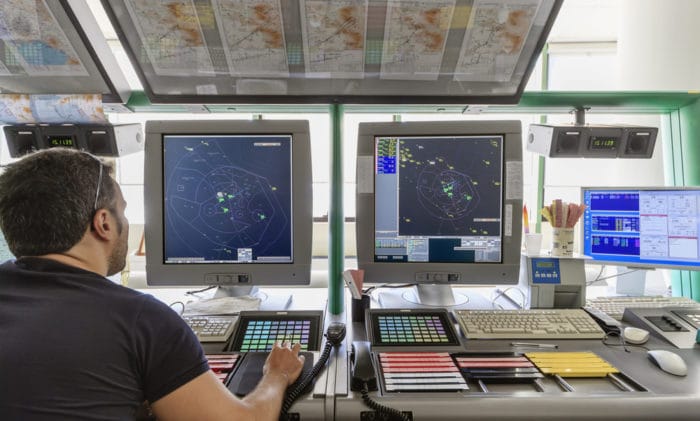- Identifying Objects, Actions, and Events — Identifying information by categorizing, estimating, recognizing differences or similarities, and detecting changes in circumstances or events.
- Getting Information — Observing, receiving, and otherwise obtaining information from all relevant sources.
- Evaluating Information to Determine Compliance with Standards — Using relevant information and individual judgment to determine whether events or processes comply with laws, regulations, or standards.
- Communicating with Supervisors, Peers, or Subordinates — Providing information to supervisors, co-workers, and subordinates by telephone, in written form, e-mail, or in person.
- Making Decisions and Solving Problems — Analyzing information and evaluating results to choose the best solution and solve problems.
- Operating Vehicles, Mechanized Devices, or Equipment — Running, maneuvering, navigating, or driving vehicles or mechanized equipment, such as forklifts, passenger vehicles, aircraft, or water craft.
- Interacting With Computers — Using computers and computer systems (including hardware and software) to program, write software, set up functions, enter data, or process information.
- Establishing and Maintaining Interpersonal Relationships — Developing constructive and cooperative working relationships with others, and maintaining them over time.
- Communicating with Persons Outside Organization — Communicating with people outside the organization, representing the organization to customers, the public, government, and other external sources. This information can be exchanged in person, in writing, or by telephone or e-mail.
- Documenting/Recording Information — Entering, transcribing, recording, storing, or maintaining information in written or electronic/magnetic form.
- Inspecting Equipment, Structures, or Material — Inspecting equipment, structures, or materials to identify the cause of errors or other problems or defects.
- Monitor Processes, Materials, or Surroundings — Monitoring and reviewing information from materials, events, or the environment, to detect or assess problems.
- Updating and Using Relevant Knowledge — Keeping up-to-date technically and applying new knowledge to your job.
- Organizing, Planning, and Prioritizing Work — Developing specific goals and plans to prioritize, organize, and accomplish your work.
- Performing for or Working Directly with the Public — Performing for people or dealing directly with the public. This includes serving customers in restaurants and stores, and receiving clients or guests.
- Resolving Conflicts and Negotiating with Others — Handling complaints, settling disputes, and resolving grievances and conflicts, or otherwise negotiating with others.
- Training and Teaching Others — Identifying the educational needs of others, developing formal educational or training programs or classes, and teaching or instructing others.
- Coordinating the Work and Activities of Others — Getting members of a group to work together to accomplish tasks.
- Thinking Creatively — Developing, designing, or creating new applications, ideas, relationships, systems, or products, including artistic contributions.
- Processing Information — Compiling, coding, categorizing, calculating, tabulating, auditing, or verifying information or data.
- Performing Administrative Activities — Performing day-to-day administrative tasks such as maintaining information files and processing paperwork.
- Developing and Building Teams — Encouraging and building mutual trust, respect, and cooperation among team members.
- Scheduling Work and Activities — Scheduling events, programs, and activities, as well as the work of others.
- Interpreting the Meaning of Information for Others — Translating or explaining what information means and how it can be used.
- Guiding, Directing, and Motivating Subordinates — Providing guidance and direction to subordinates, including setting performance standards and monitoring performance.
- Coaching and Developing Others — Identifying the developmental needs of others and coaching, mentoring, or otherwise helping others to improve their knowledge or skills.
- Judging the Qualities of Things, Services, or People — Assessing the value, importance, or quality of things or people.
- Analyzing Data or Information — Identifying the underlying principles, reasons, or facts of information by breaking down information or data into separate parts.
Read More







